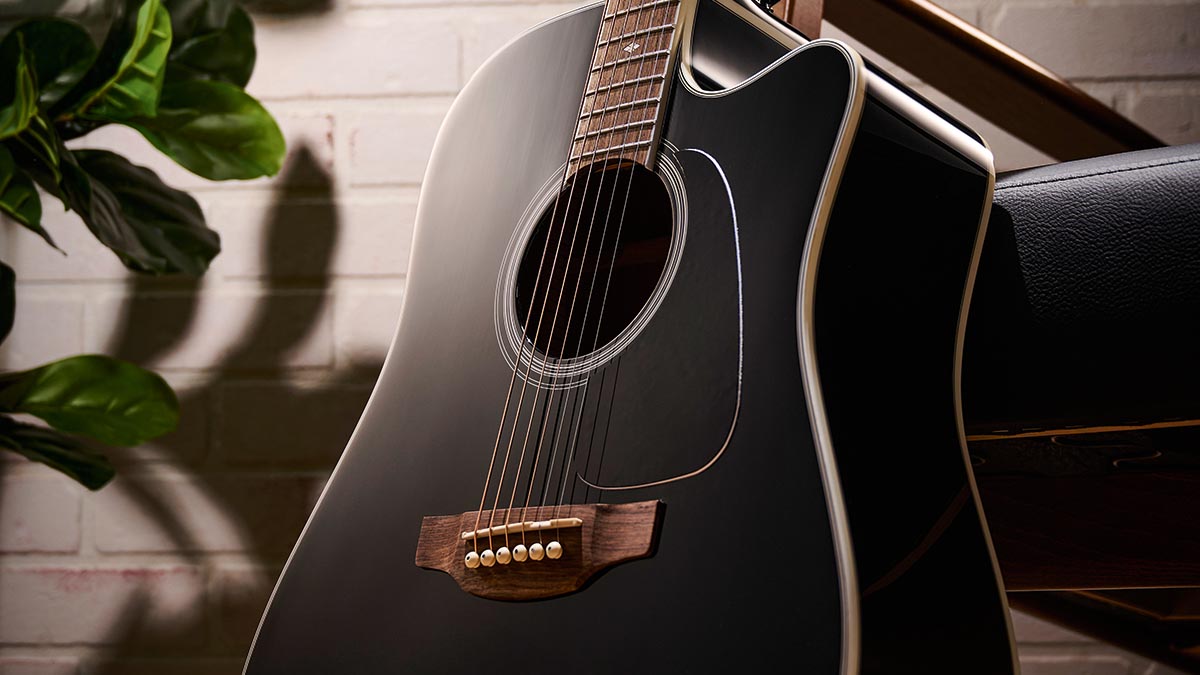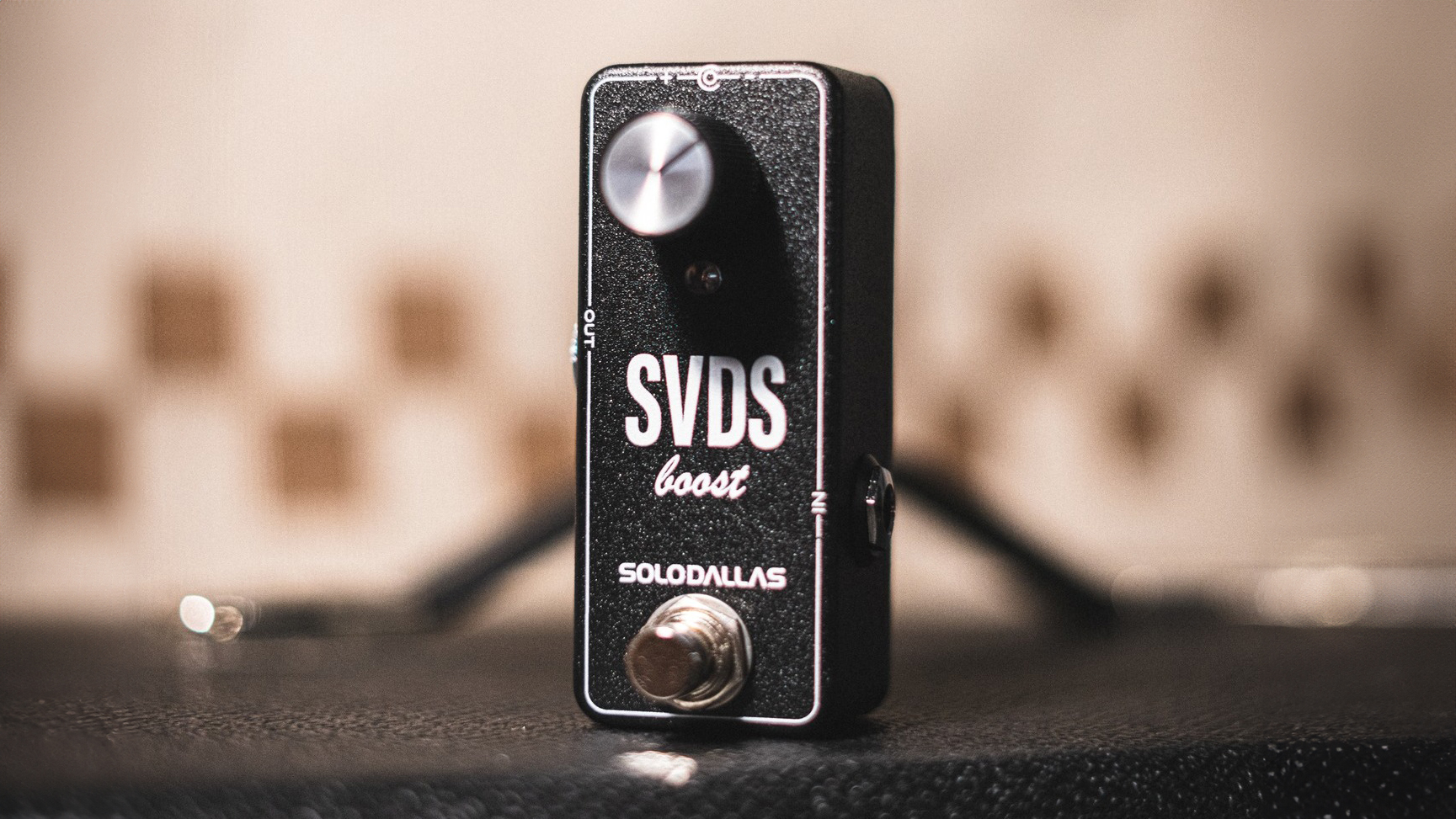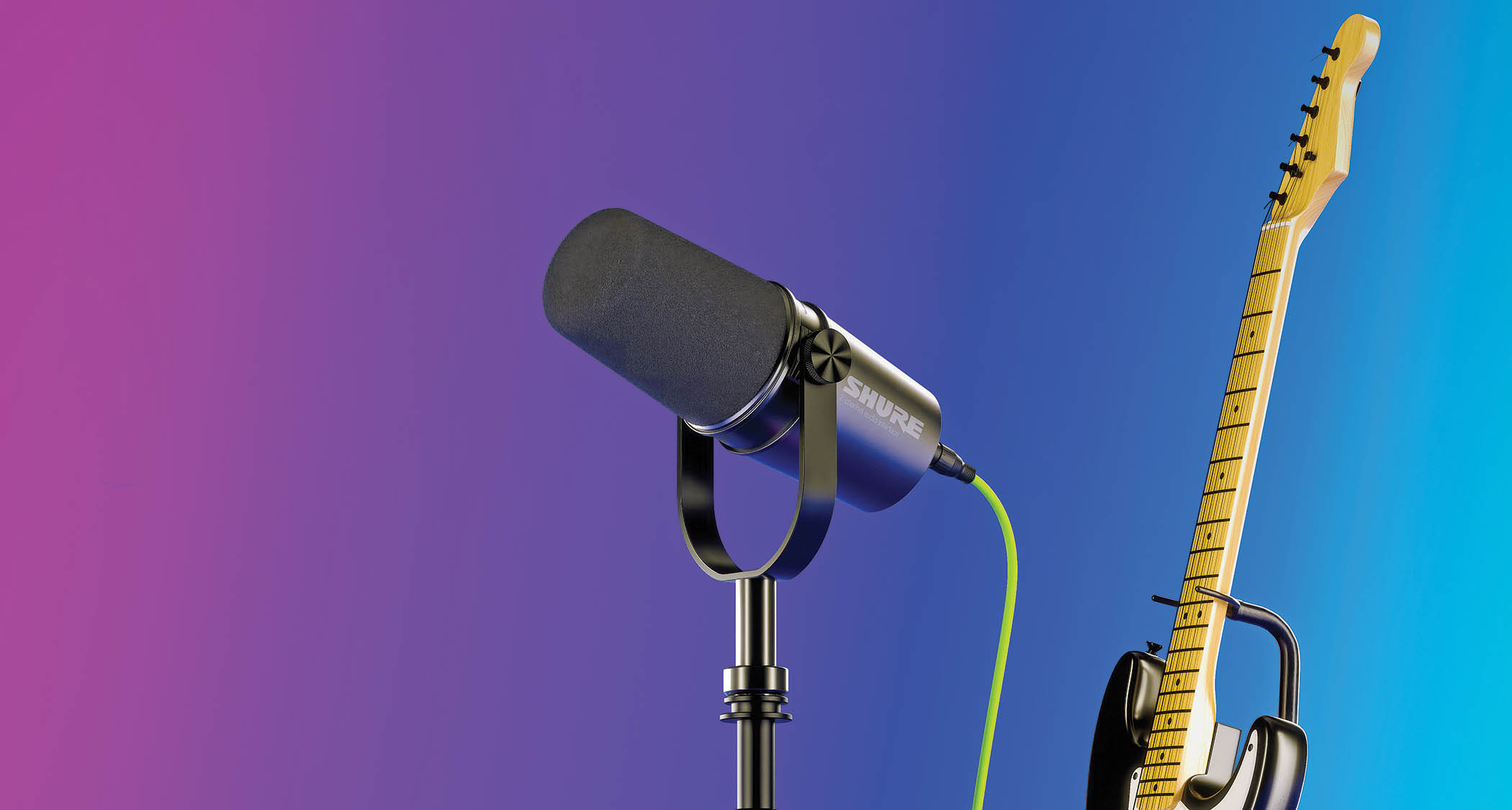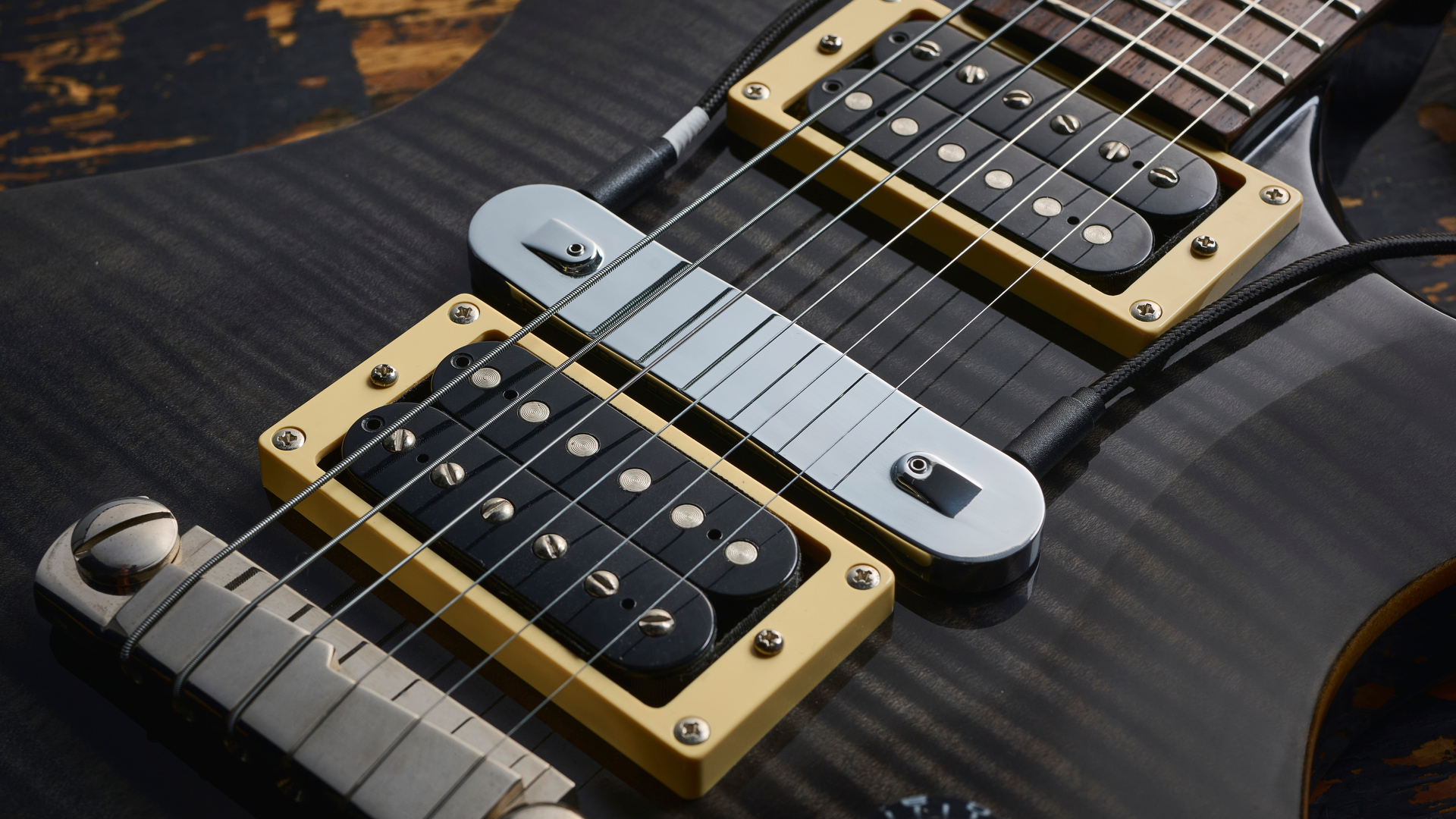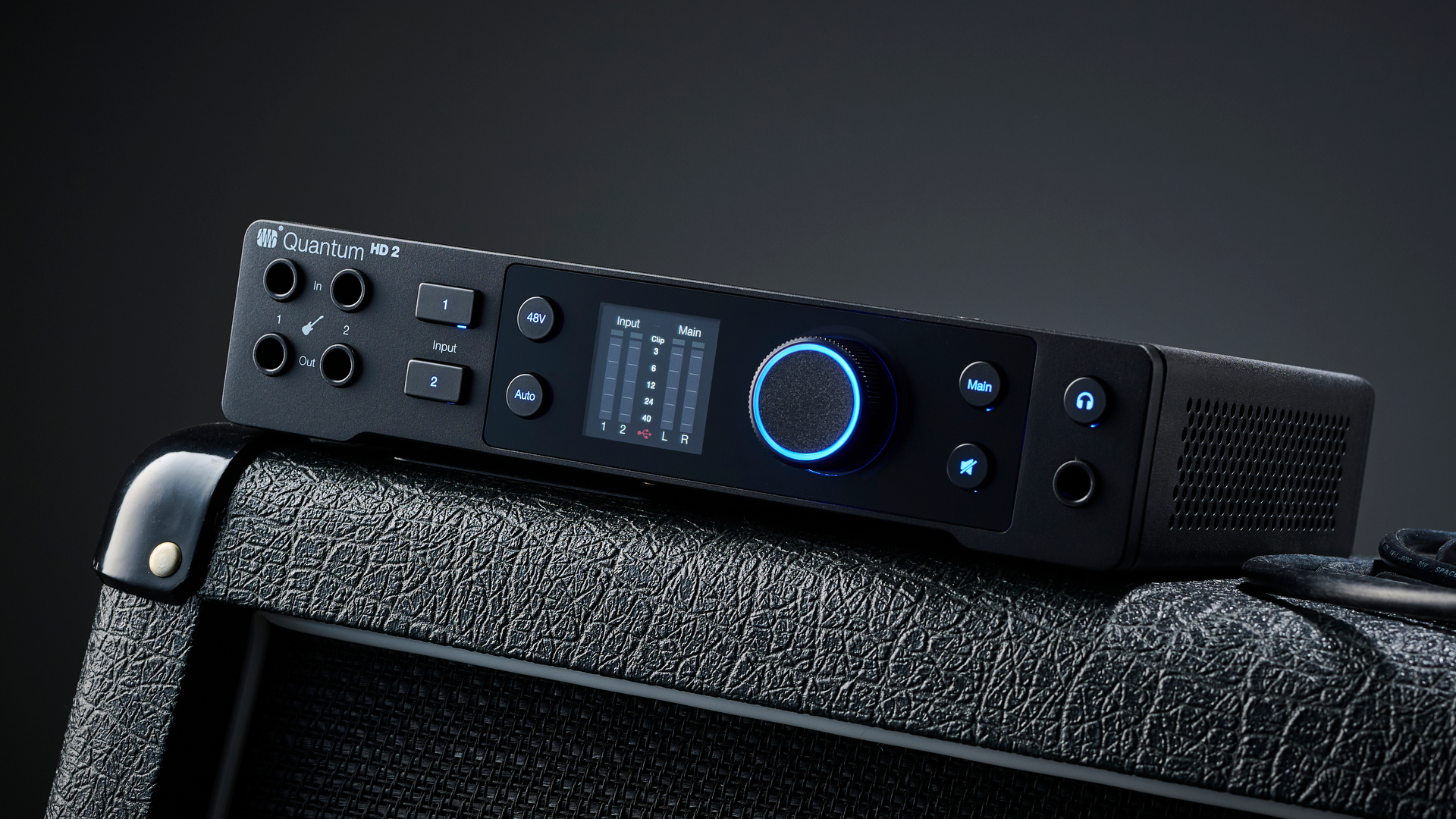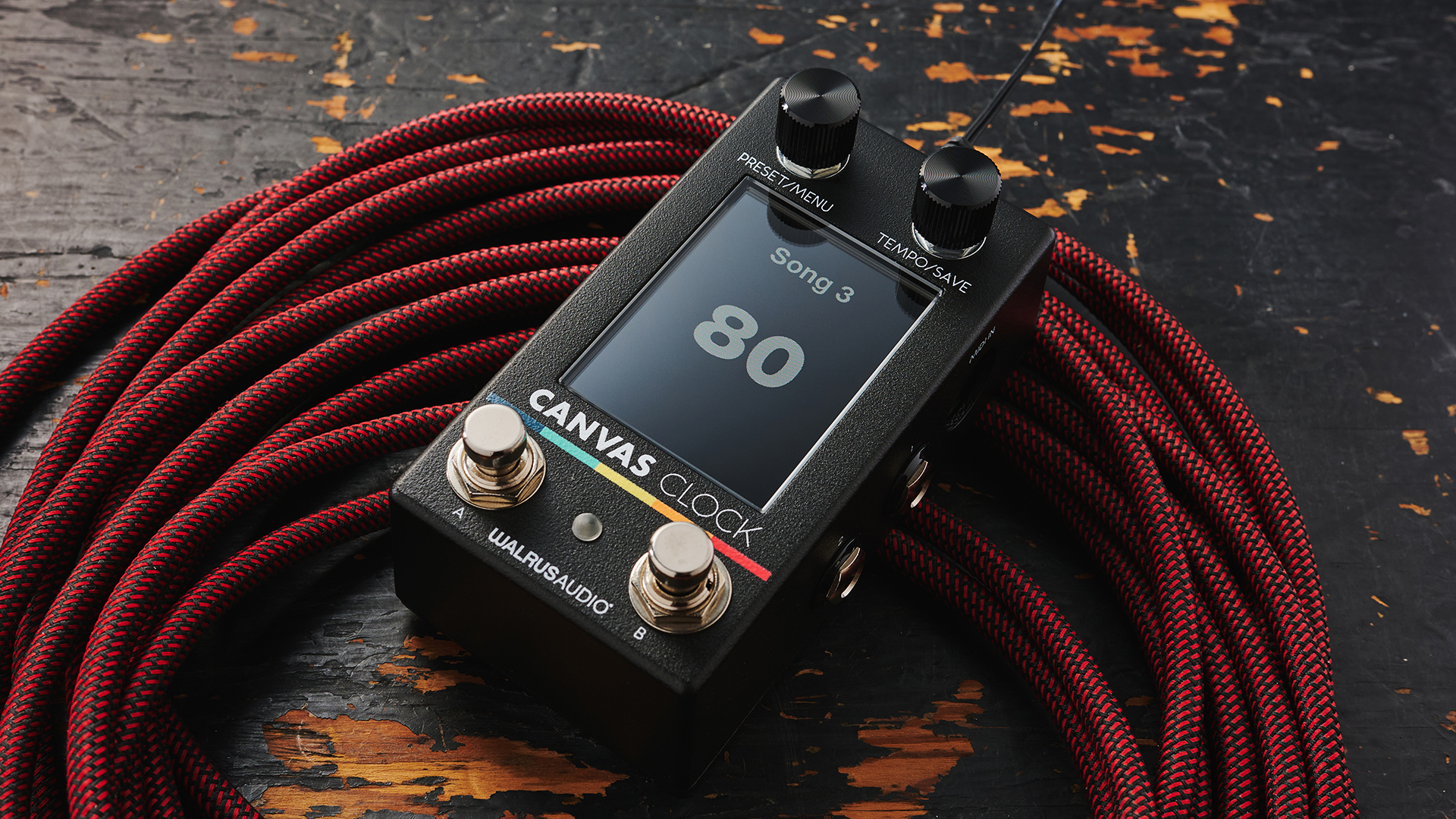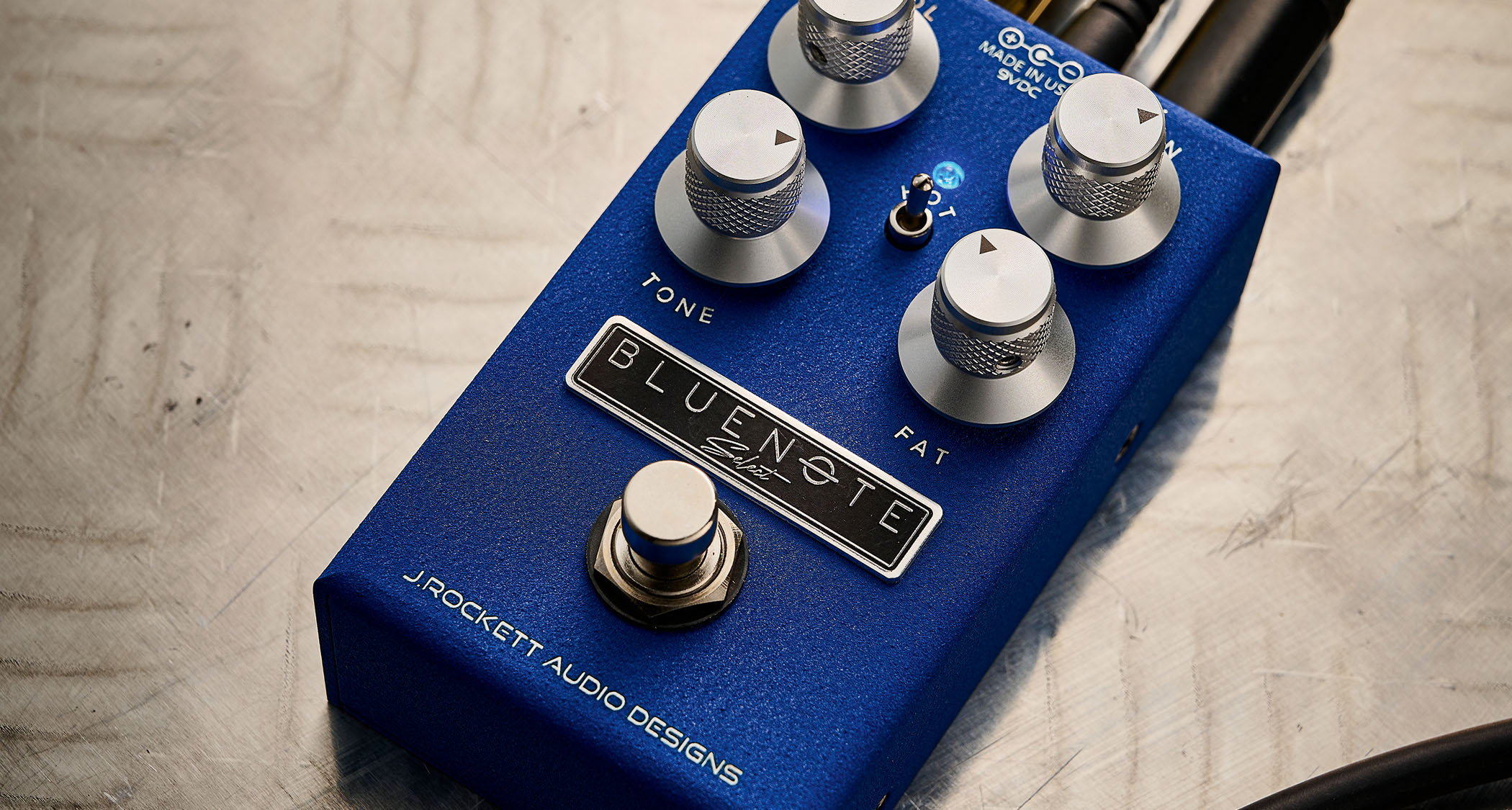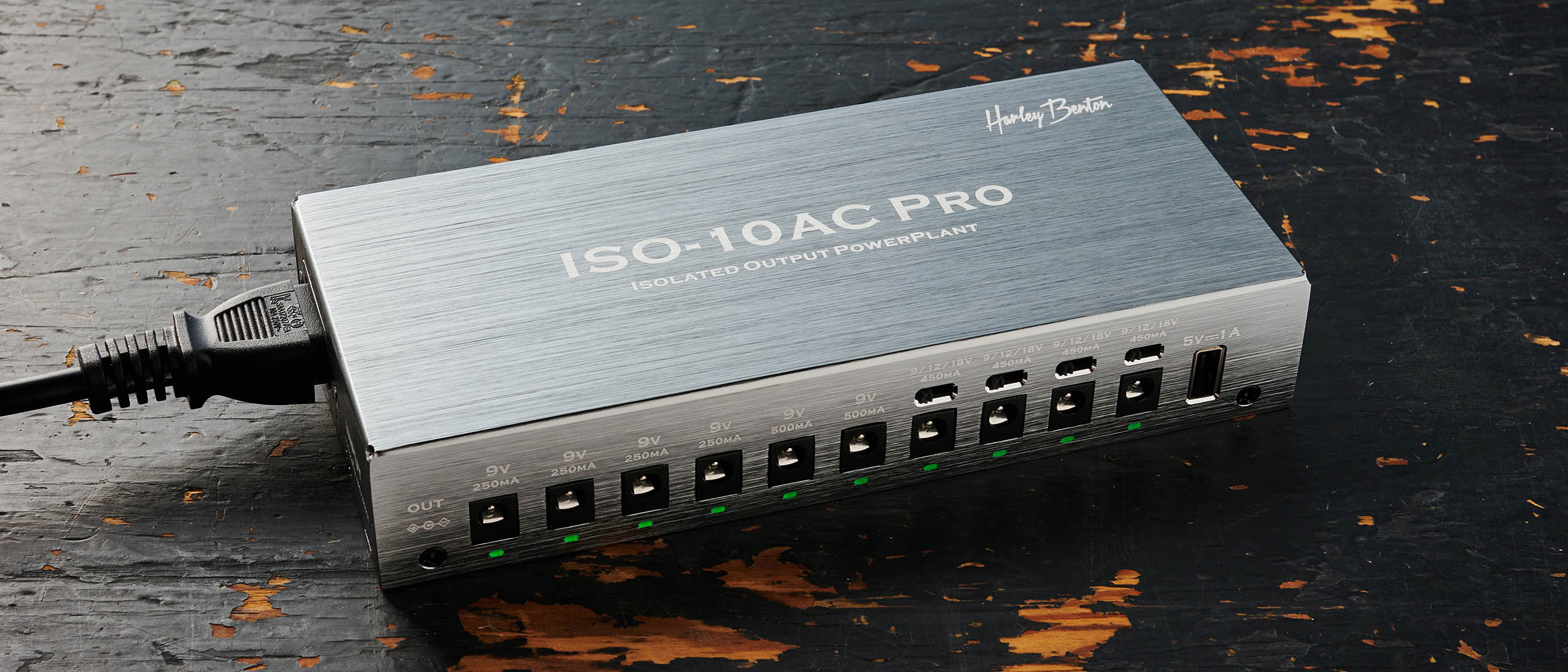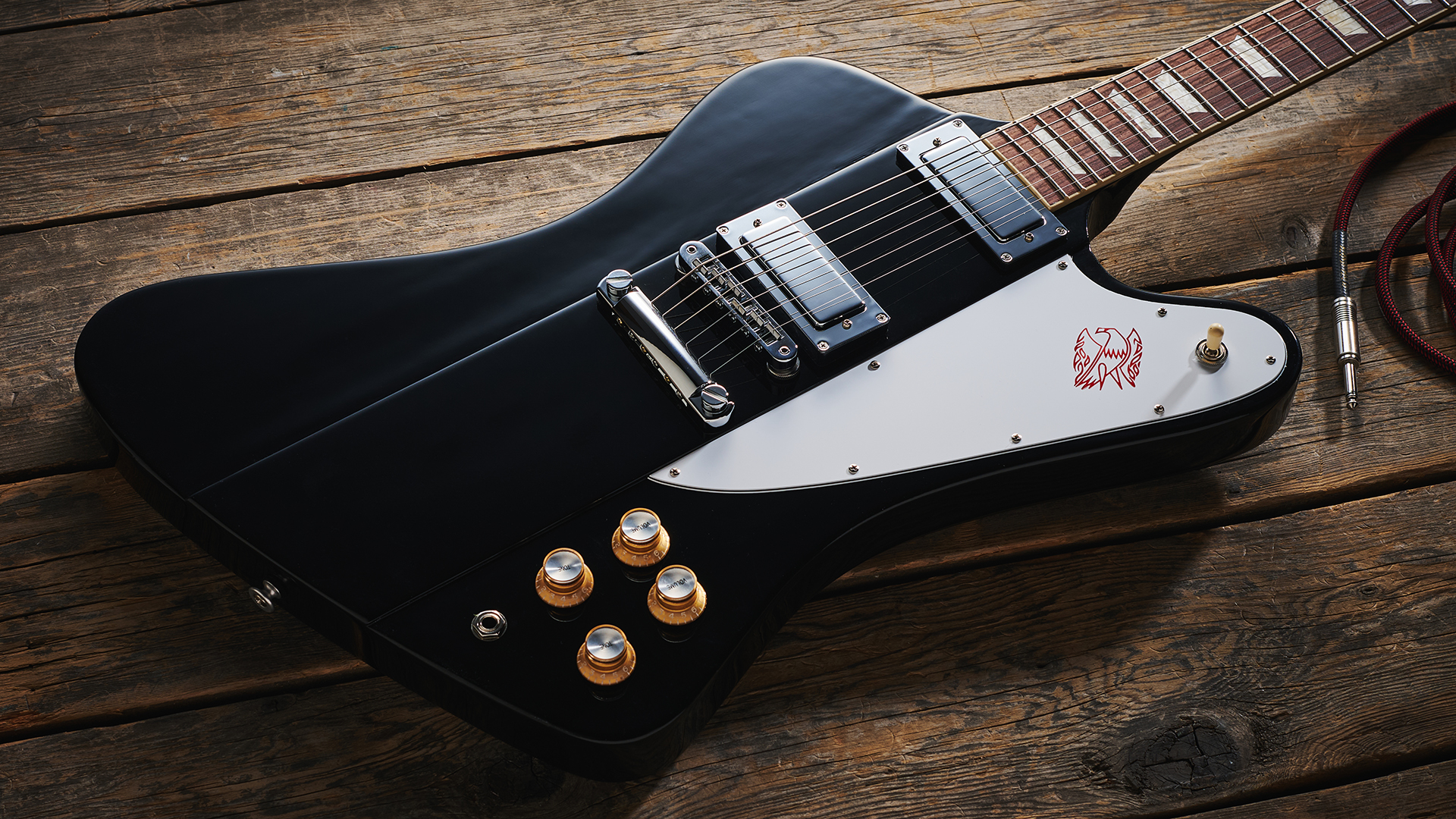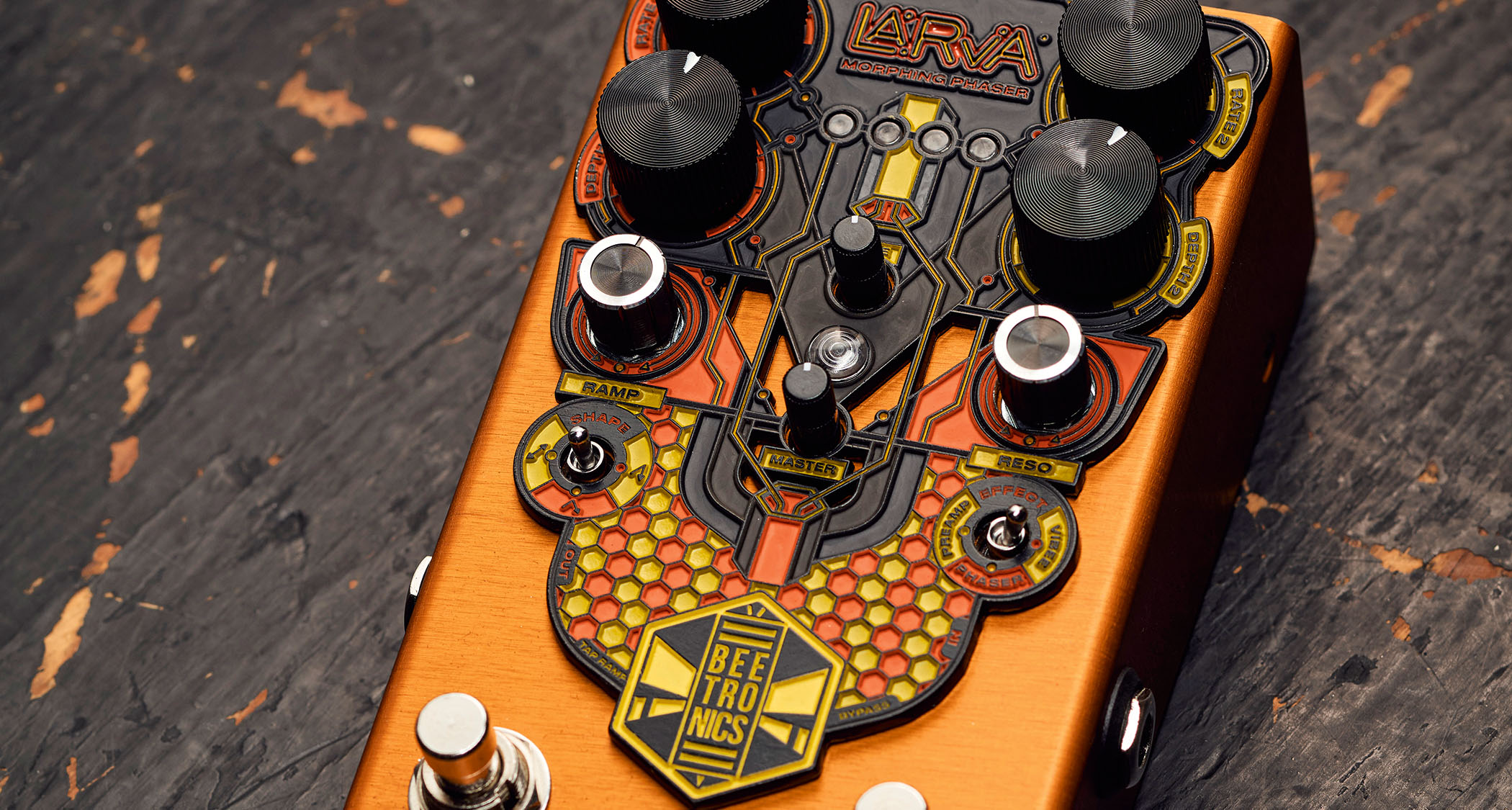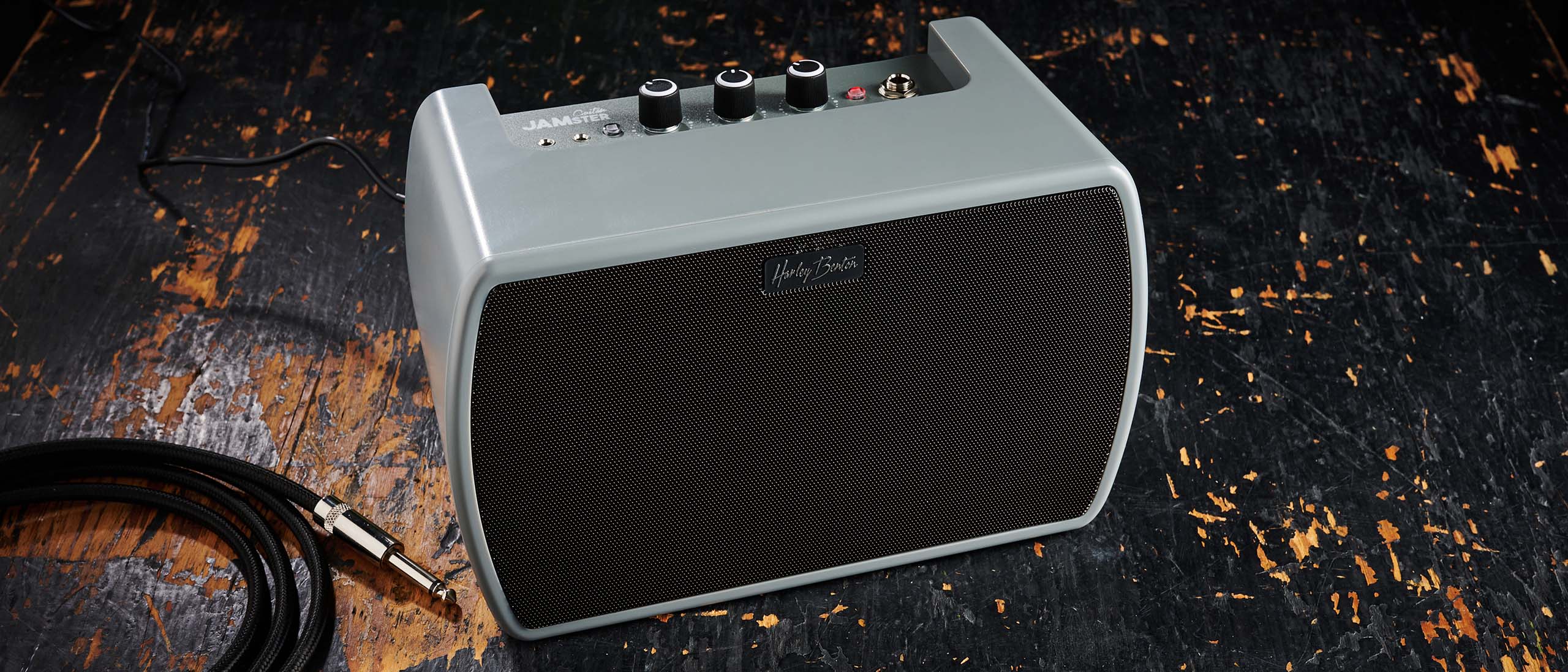Guitar World Verdict
In play, it’s easy to forget the price point that the GD34CE occupies as it produces a very agreeable sound both acoustically and when amplified. As such, any singer-songwriter on a budget who wants to buy into a big brand with premium build quality and, most importantly, good sound would be well advised to look here.
Pros
- +
Great price.
- +
Good sounds.
- +
Stage-ready.
- +
Excellent build quality.
Cons
- -
Those low frets.
- -
Positioning of the preamp might put some players off.
You can trust Guitar World
Takamine acoustics need little introduction from us as their high-quality, road-warrior reputation is well established.
After arriving on these shores in the mid-’70s, the brand has gone from strength to strength, appearing on stage in the hands of numerous headlining bands, from the Eagles to Bruce Springsteen and beyond.
Price-wise, there is a Takamine to suit practically every budget, with models spanning the high-end Pro Series to more wallet-friendly budget instruments. They pretty much cover players’ needs in terms of body shapes, too, and a quick look at the catalogue reveals a vast array of thinlines, dreadnoughts, cutaway nylon-strings… you name it.
The GD34CE BLK decodes as a G30 Series cutaway electro in black and is based on Takamine’s more upmarket model, the EF341SC (most famously used by Jon Bon Jovi and Bruce Springsteen.)
Basically, we’re looking at a bunch of similar features but at a retail price that sits neatly at the budget end of the price spectrum. It’s stage-ready, too, having been kitted out with the TP-3G pickup system, which is based on the famous ‘Brownie’ three-slider preamp, the voice of which was much loved by players of 1970s Takamines.
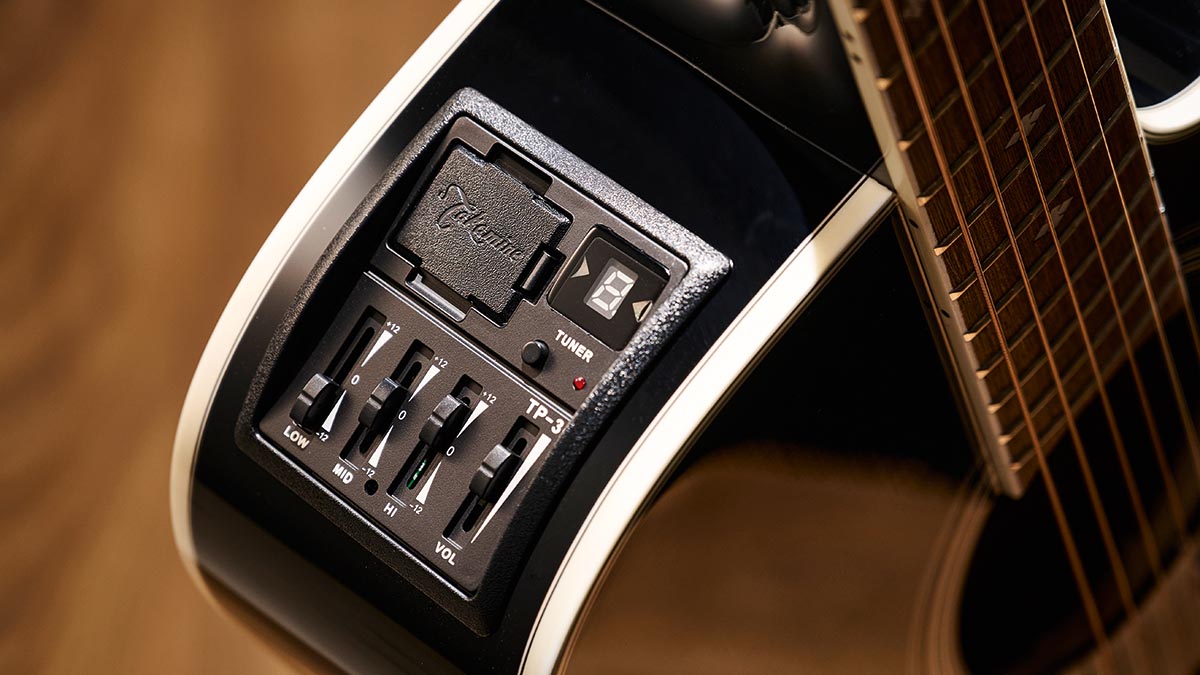
Although we may be used to Takamine acoustics coming from the company’s Japanese workshop facility, the GD34CE hails from China and is, according to the label inside the soundhole, ‘Crafted in China in strict accordance with design specifications by Takamine Japan’.
Fresh out of its gigbag, the high-gloss black finish gives this guitar a very distinguished look and, at first glance, it appears far more upmarket than its price tag might suggest. It’s one of those instruments that has ‘play me’ written all over it and we’re eager to accept the invitation. But first, let’s attend to the specs.
The black finish is totally opaque and so it’s impossible to see wood grain details, but we’re told the guitar’s top is solid spruce and the back and sides are mahogany (presumably laminate). This, of course, is a wood combination that goes back decades in acoustic guitar design, being a favourite combo of all the high-roller manufacturers.
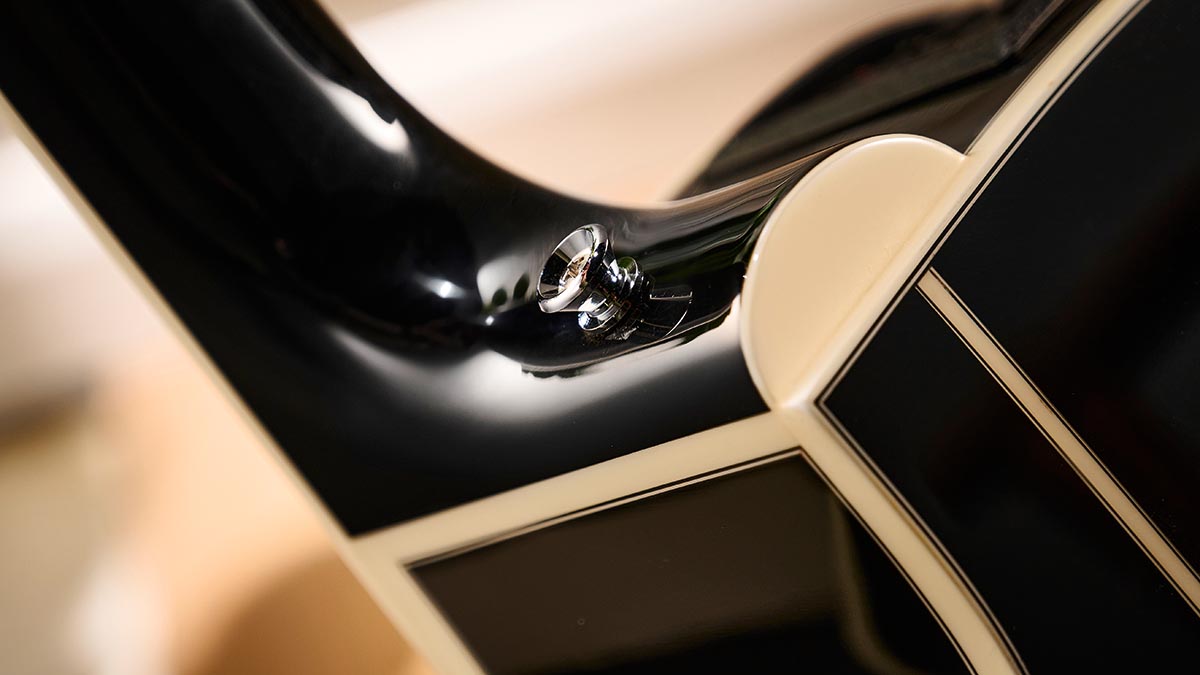
The GD34CE’s neck is also spec’d as mahogany, topped off with a laurel fingerboard. The presence of laurel is obviously an alternative to the more accustomed rosewood or ebony and is doubtlessly in line with Takamine’s budget-friendly spec.
We’re told there are more than 200 species that use ‘laurel’ as part of their name, although the two popular choices for use in guitars are from America or India. Either way, both options are hardy and a good substitute for either of the more usual woods used for fretboards.
Looking inside the soundhole, everything is neat and tidy with the kerfing and bracing very keenly finished. So let’s get strumming and see what we find.
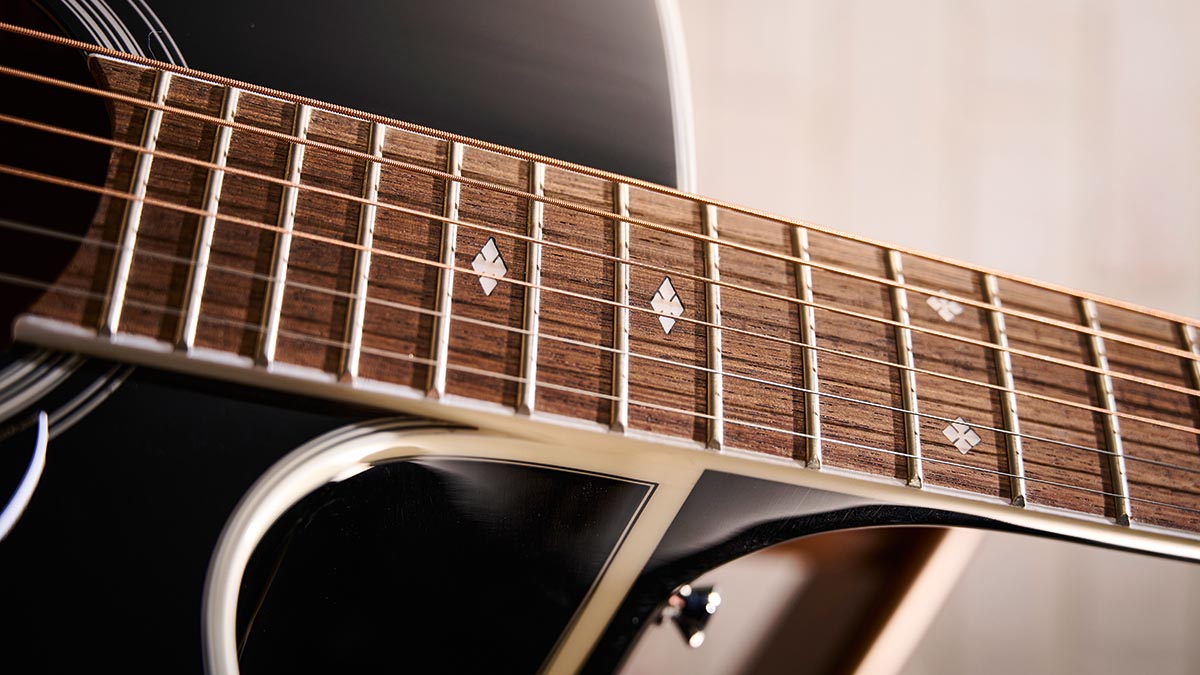
Feel & Sounds
One thing that strikes us immediately is the feel of the neck. It’s a relatively chunky C shape, slightly more rounded than we’ve found on some of the acoustics that have passed our way recently, but comfortable nonetheless. Definitely not baseball bat territory yet certainly a good handful.
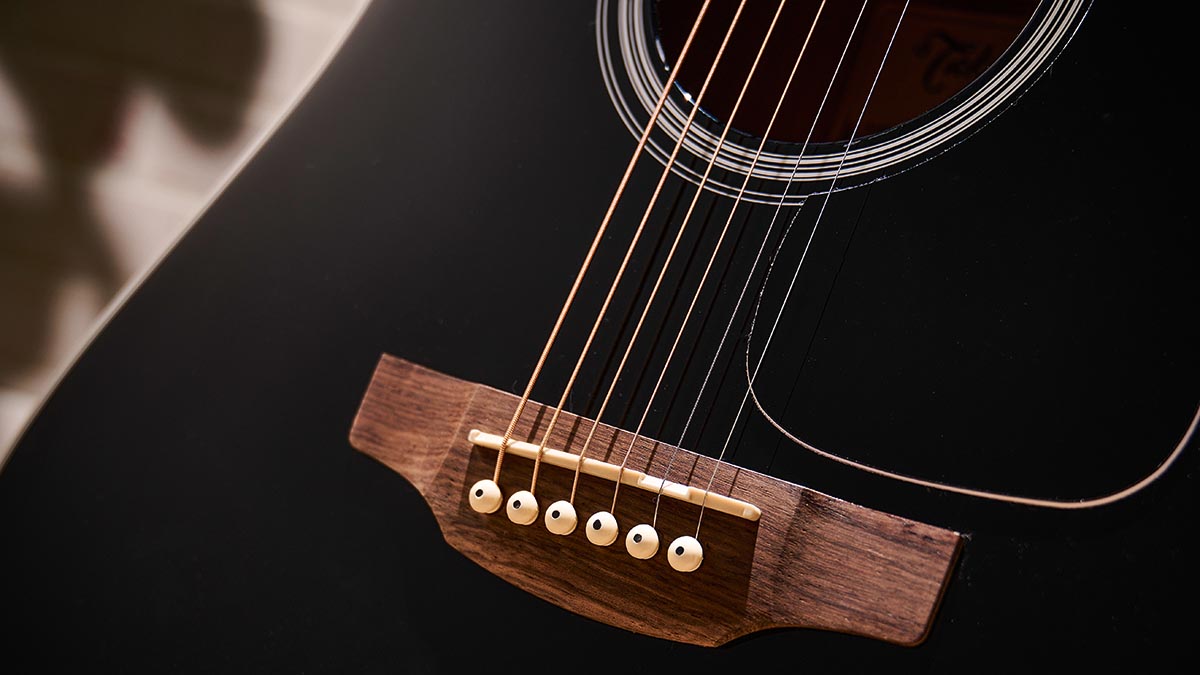
The next thing that leaps out at us are the low frets with practically a Gibson ‘Fretless Wonder’ feel to them. This has an immediate effect on the feel of the neck while fretting chords and took us a few minutes to settle in with. After only a short while we were able to forget about it and so no worries there. Not a dealbreaker for us, but players who are more accustomed to higher frets might flounder and be put off.
Our only other niggle is the positioning of the preamp controls on the guitar’s upper bout. They’re well out of view from a playing position, which makes using the built-in chromatic tuner a bit awkward.
In a live situation you can pretty much set and forget your preamp controls once you’ve found the sweet spot, but tuning could be a bit of a neck stretch. It might sound like we’re piling on the negatives a little here, but both the low frets and the preamp positioning are minor factors, all things being considered.
The real test is in the sound the GD34CE produces and here we were pleasantly surprised. Dreadnoughts are known for their robust mids and basses and that’s exactly what we find.
Naturally, we can’t expect the boom and bombast of something like a Guild D-55 or the dry, woody bassiness of a Gibson J-45 from a guitar that costs roughly a quarter of the price, but there’s an evenness to the sound spectrum from the GD34CE that is very pleasing.
It sounds ‘produced’, acoustically speaking, with a very nice shimmer to the chords and good definition from our attempts at fingerstyle, too. If mic’d up, it would doubtless sit in a mix with very little effort in the form of additional EQ, which is more than can be said from some dreads where studio engineers have a rough time trimming the beefy low-end.
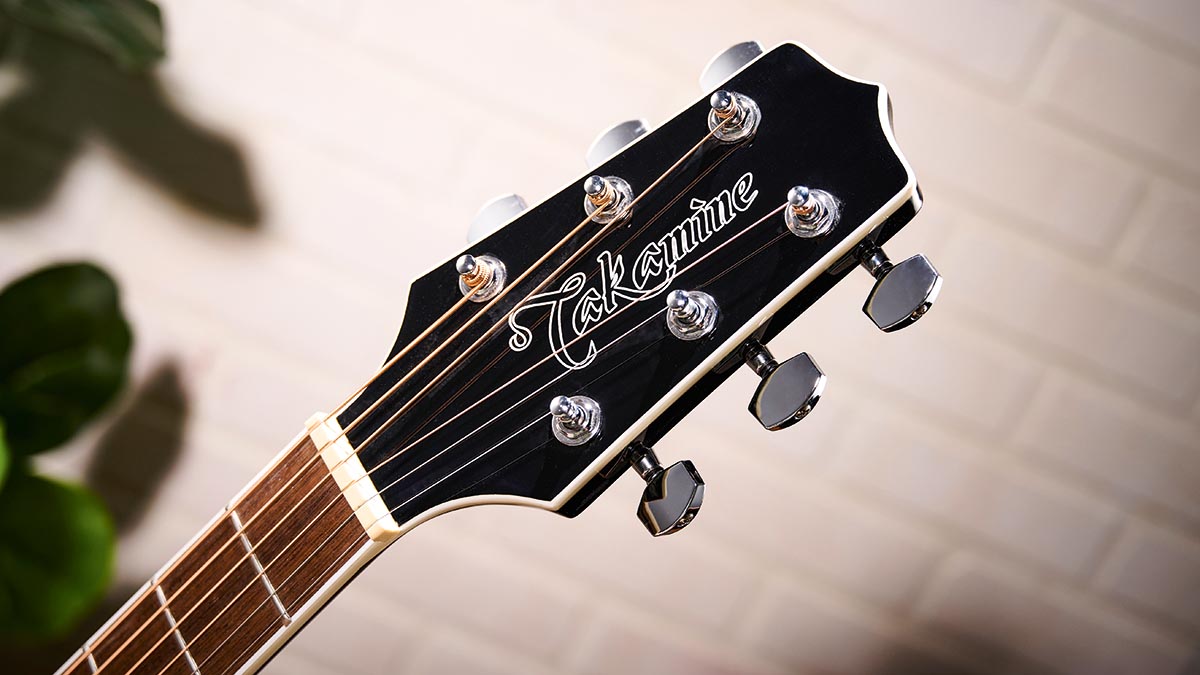
Naturally, once you plug the guitar in, you’re in the hands of the TP-3G preamp, which offers plus or minus 12dB control over lows, mids and highs via three sliders, with a fourth controlling overall volume. As we’ve already said, there’s a handy built-in chromatic tuner, too.
Plugged in to our AER Compact 60 acoustic guitar amp we found the preamp easy to manoeuvre in order to get a very usable sound. With the controls on the amp set flat, we merely added a touch of bass and mids on the TP-3G before finding a sound that would suit any singer-songwriter wishing to wow the audience at an open-mic session.
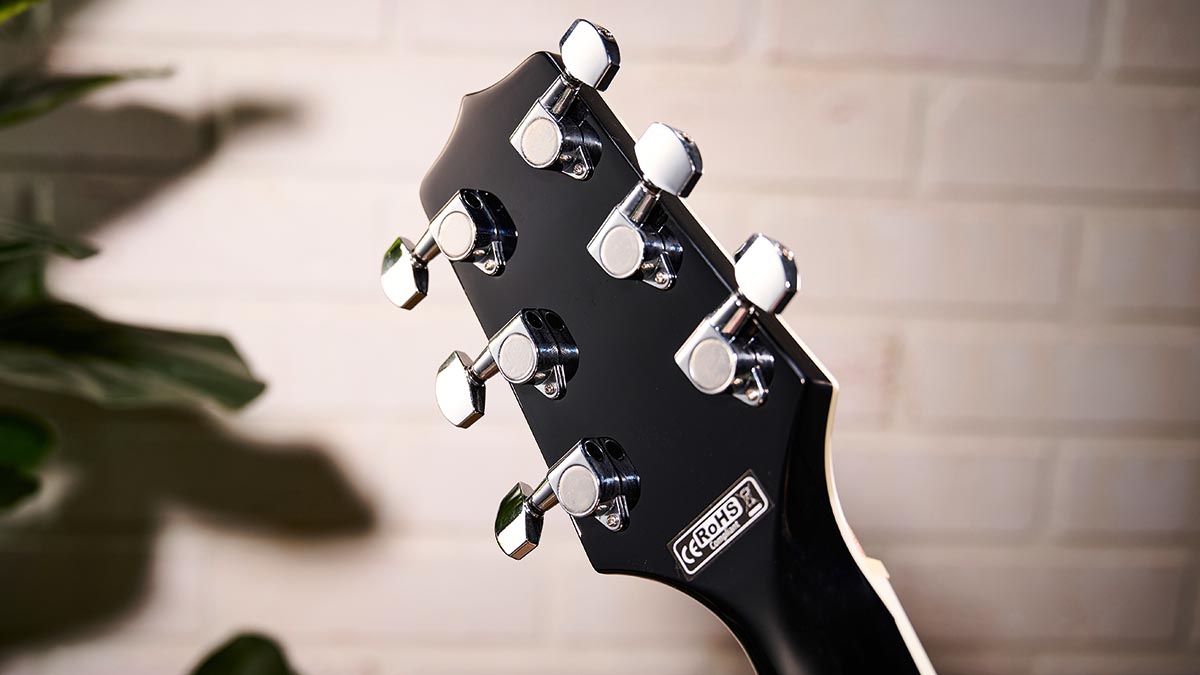
Verdict
In play, it’s easy to forget the price point that the GD34CE occupies as it produces a very agreeable sound both acoustically and when amplified. As such, any singer-songwriter on a budget who wants to buy into a big brand with premium build quality and, most importantly, good sound, would be well advised to look here.
Furthermore, if you’re in a band that has decided to do one or two acoustic numbers during the set and you don’t want to break the bank, we’d advise you to explore the GD34CE, too.
Minor quibbles (such as the positioning of the preamp and ‘Fretless Wonder’ fingerboard) aside, this is a good-looking instrument with a very workmanlike set of sounds at a great price and is well worth checking out. What more can we ask?
Specs
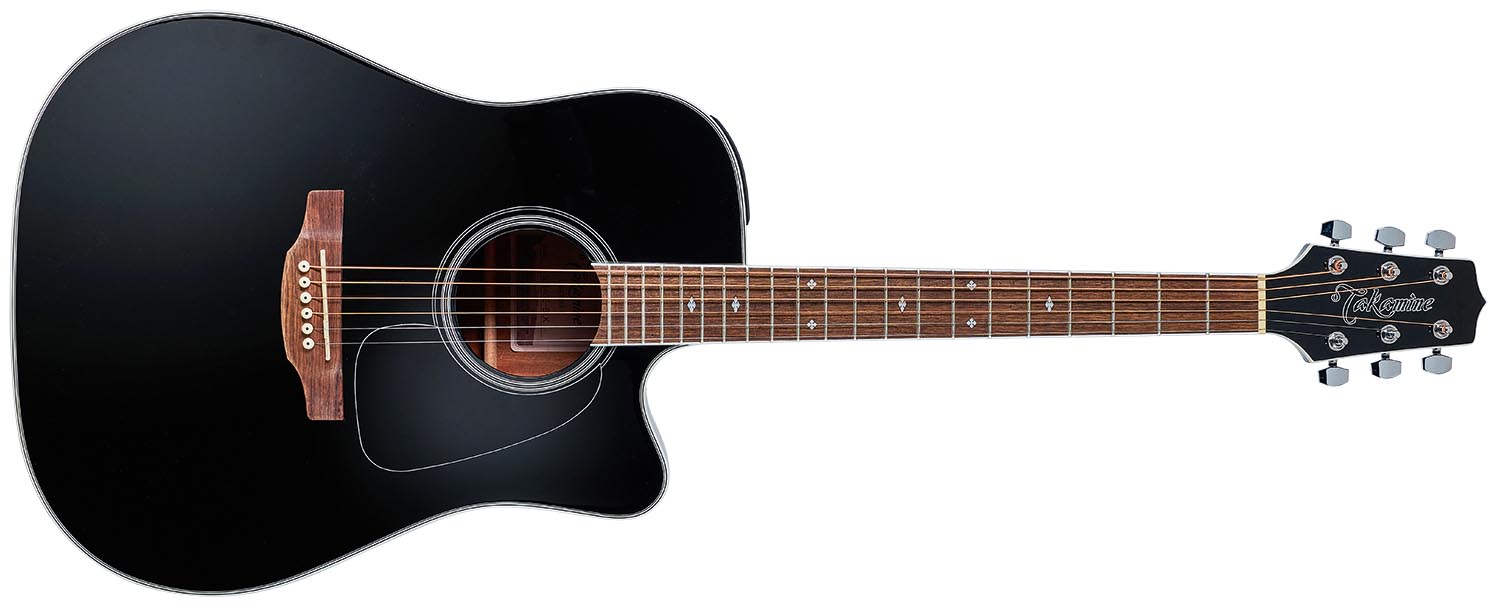
- PRICE: $779 / £619 (inc gigbag)
- ORIGIN: China
- TYPE: Cutaway dreadnought
- TOP: Spruce
- BACK/SIDES: Mahogany
- MAX RIM DEPTH: 125mm
- MAX BODY WIDTH: 405mm
- NECK: Mahogany
- SCALE LENGTH: 644mm (25.35”)
- TUNERS: Sealed back, chrome
- NUT/WIDTH: Synthetic/42.5mm
- FINGERBOARD: Laurel
- FRETS: 21
- BRIDGE SPACING: 53mm
- ELECTRICS: Takamine TP-3G
- WEIGHT (kg/lb): 2.33/5.14
- OPTIONS: None
- RANGE OPTIONS: Takamine’s G-Series acoustics offer a comprehensive range of different models to suit all tastes, including many other dreadnoughts finished in gloss black among the 30 Series. See website for details. If you want more of the upmarket features of the EF341SC, expect to pay around £1,200
- LEFT-HANDERS: No
- FINISH: Gloss black
- CONTACT: Takamine
With over 30 years’ experience writing for guitar magazines, including at one time occupying the role of editor for Guitarist and Guitar Techniques, David is also the best-selling author of a number of guitar books for Sanctuary Publishing, Music Sales, Mel Bay and Hal Leonard. As a player he has performed with blues sax legend Dick Heckstall-Smith, played rock ’n’ roll in Marty Wilde’s band, duetted with Martin Taylor and taken part in charity gigs backing Gary Moore, Bernie Marsden and Robbie McIntosh, among others. An avid composer of acoustic guitar instrumentals, he has released two acclaimed albums, Nocturnal and Arboretum.
“Among the most sought-after of all rhythm guitars… a power and projection unsurpassed by any other archtop”: Stromberg has made a long-awaited comeback, and we got our hands on its new Master 400 – a holy grail archtop with a price to match
The heaviest acoustic guitar ever made? Two budding builders craft an acoustic entirely from concrete because they “thought the idea was really funny”
